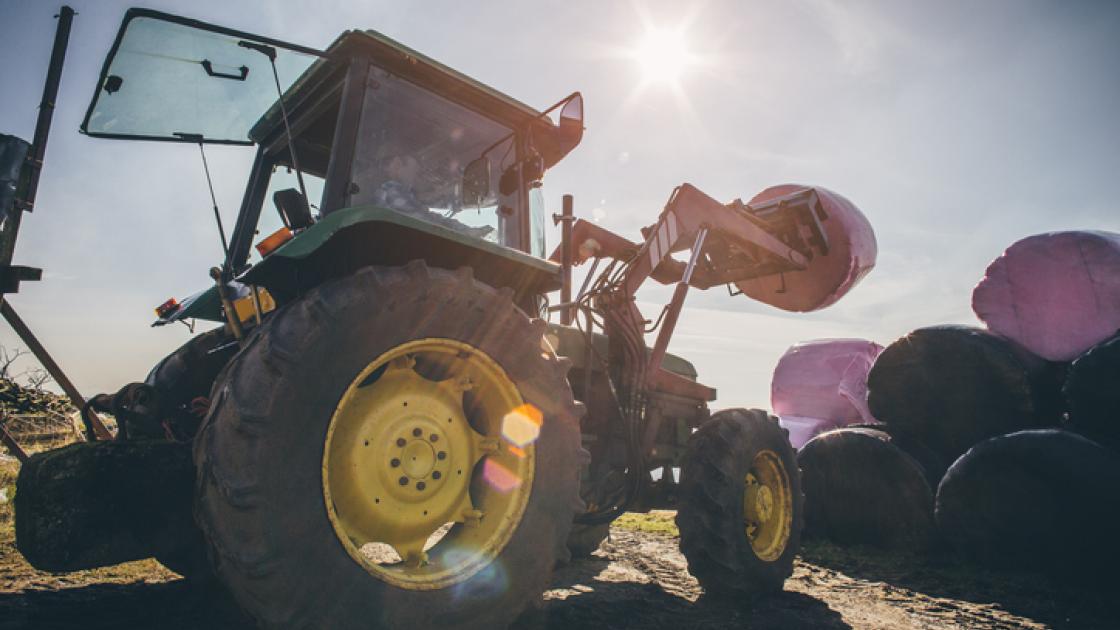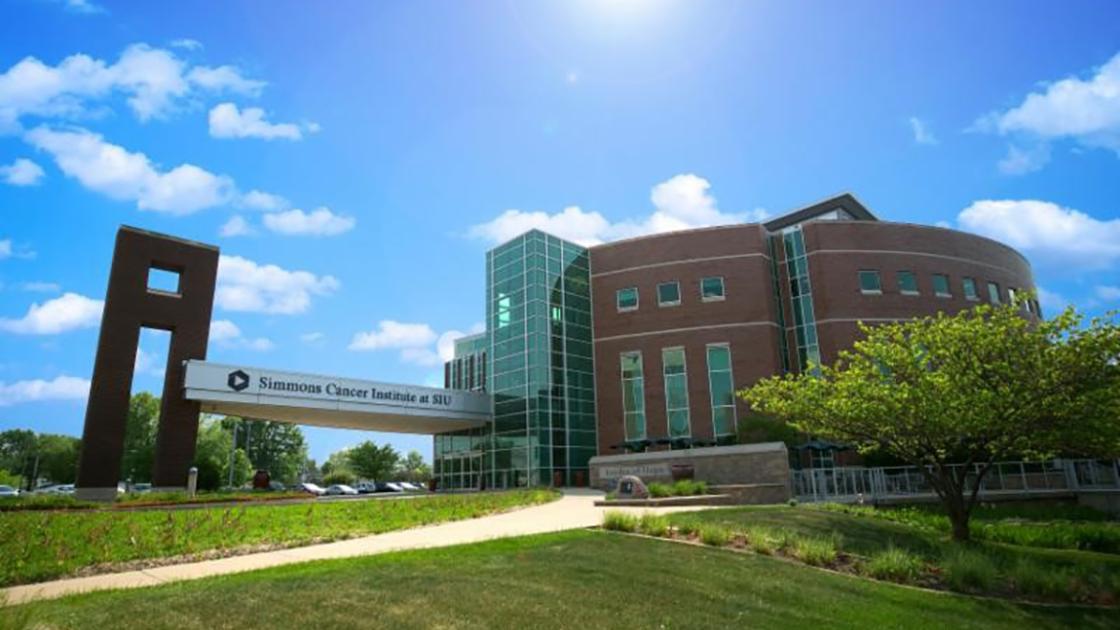
5 tips to keep your virtual health info safe and private
Patient Safety Awareness Week is celebrated each March to shine a spotlight on the importance of patient safety in health care. The use of telehealth has become increasingly popular, offering

Ask a Caregiver: How to avoid burning out
The Ask a Caregiver column features tips from experienced caregivers with lived experiences caring for those with dementia and memory loss. Roger Steinbach is a former caregiver and current volunteer

Redefining Toughness: Cultivating Mental Health Awareness in Agriculture
In the heart of rural communities, where the fields stretch far and wide under the open sky, there exists a resilience ingrained in the very fabric of farming life. People often equate this resilience

Telehealth raises awareness for cervical cancer
Cervical cancer occurs most often in people over age 30. It results in about 11,500 new cases in the United States each year, and about 4,000 deaths, according to the Centers for Disease Control and

How to deal with side effects from weight loss medications
Medications that help to lower blood sugar levels and promote weight loss have emerged as a promising new option for people who struggle with their weight. These drugs, known as GLP-1 agonists, have proven to be very effective. However, like many medications, they may come with gastrointestinal (GI) side effects that can impact a patient’s comfort and adherence.

The art of mindfulness: An expert’s 3-step guide to embracing the present
Could changing the way you think for a few moments a day lead to a healthier you? According to the American Psychological Association, practicing the art of mindfulness can help manage and reduce stress, anxiety and depression.

Screenings recommended to detect cervical cancer
The CDC estimates that each year 11,500 women are diagnosed with cervical cancer in the United States, and almost 4,000 will die of this cancer. However, like many other cancers, cervical cancer is treatable, and early detection can help save your life.

Adapting activities for those with memory loss
Winter can be an isolating time of year and that can be especially true for those with Alzheimer’s or dementia. Venturing out into the cold weather and dealing with shorter days limits the options of

3 New Year's resolutions to boost your health
Personal wellness matters at any time of year. But making a list of New Year's resolutions is a great opportunity to take a closer look at your health and set goals that can improve your lifestyle and
